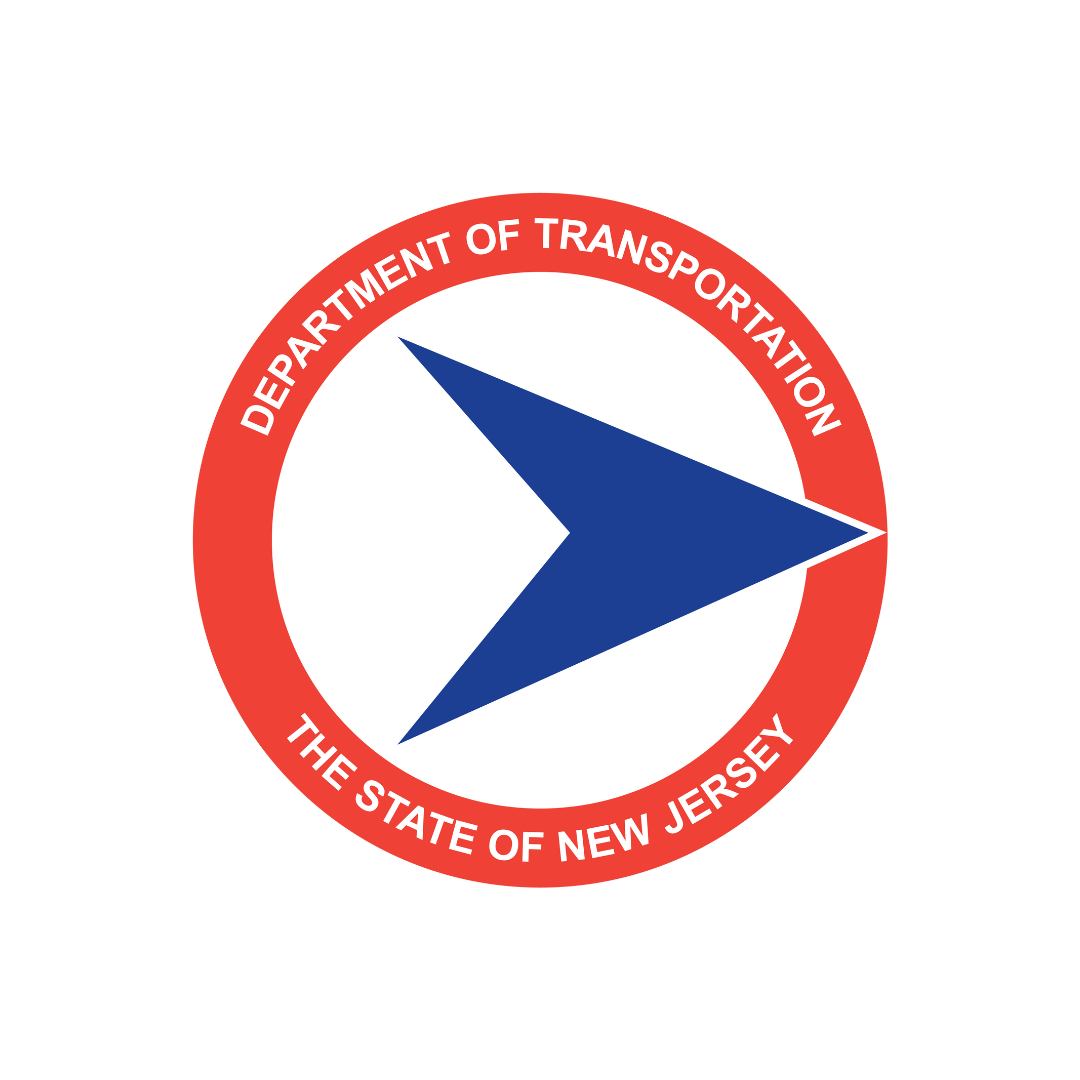 Official Site of The State of New Jersey
Official Site of The State of New Jersey
- NJ.gov
- Services
- Agencies
- FAQs
- Translate
The State of NJ site may contain optional links, information, services and/or content from other we bsites operated by third parties that are provided as a convenience, such as Google Translate. Google Translate is an online service for which the user pays nothing to obtain a purported language translation. The user is on notice that neither the State of NJ site nor its operators review any of the services, information and/or content from anything that may be linked to the State of NJ site for any reason. -Read Full Dislaimer
- Search
